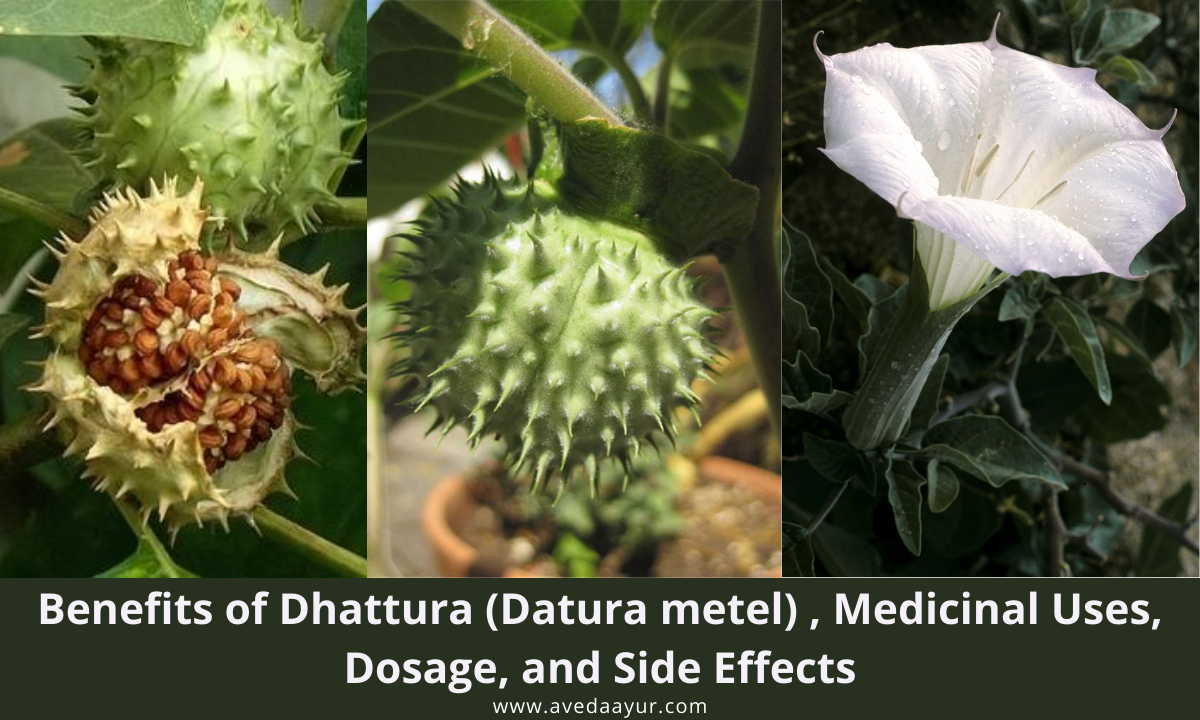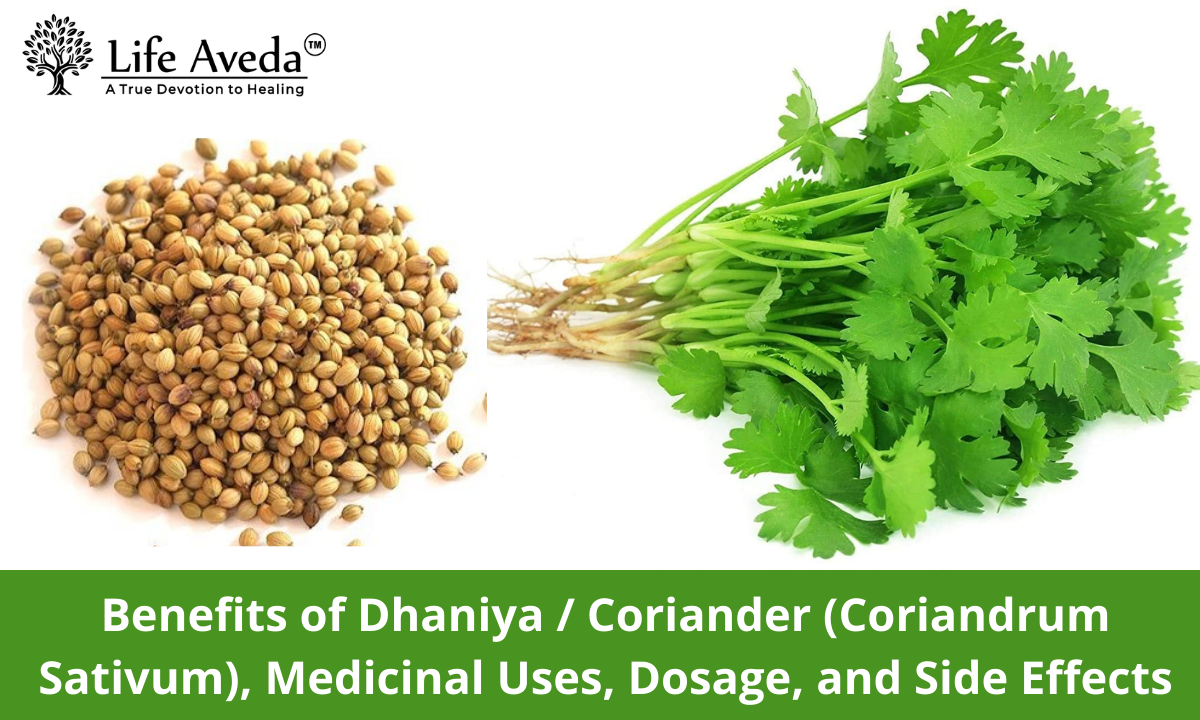Ajmoda /Apium graveolens Medicinal Properties, Usage, Health Benefits, Dosage and Side effect
Ajmoda is a very well-known herb and an Indian spice that has many medicinal properties. It is used to improve digestion strength. Its petiole and leaves are used in the form of vegetables. Genus is derived from the Latin word which means bees because bees are attracted to its off-white flowers and species means heavily perfumed. In ancient times, the people of Greece crown the heads of athletes with their leaves to honor them. In the 17th century, its hybridization was done to make its bitter taste less prominent.
Latin name: Apium graveolens
Family: Umbelliferae
Names in different languages: Ajmoda
- Hindi Name: Ajmod, Ajmuda
- Punjabi Name: Ajmod, Valjwain
- Sanskrit Name: Dipyaka, Ajamoda, Ajmoja, Ayamoda
- Bengali Name: Banyamani, Randhuni
- Tamil Name: Omam
- Gujarati Name: Ajamo, Bodi ajamo
- Urdu Name: Ajmod
- Kashmiri Name: Banjuan, Fakhazur
- Kannada Name: Omakki, Oma, Ajavana
- Oriya Name: Banajuani
- Telugu Name: Naranji vamu, Voma, Ajodavomaru, Vomaam, Ajumoda vayu
- Unani Name: Karafs-e-hindi
- Malayalam Name: Omam
- Bengali Name: Banyamani, Randhuni
- Marathi Name: Ajmoda, Vova, Koranja
- Assamese Name: Ajowan, Yamani, Bonjamani
- Hungarian Name: Zeller
- Danish name: Seller
- French name: Celeri
- Indonesian: Seledri
- Farsi and Arabian Name: Karafsehindi
- Irish Name: Soilire
- Spanish Name: Apio
- Swedish Name: Seller
Sanskrit Synonyms of Ajmoda
Ugragandha: Having a strong pungent aroma
Ajamoda, Bastamoda: Smell resembles like goat
Mayoora, Vallimoda, Hastikaaravi, Shikhimoda, Modadya, Vishali, Vahanideepika, Hridyagandha, Hastimayuraka, Kharashva, Kharahva, Deepyaka, Bhramakusha, Karavi, Mayuri, Markati, Gandhadala, Lochamarkata, Lochakarkata, Moda, Hastimayooraka, Brahmakoshi, etc.
——-Shloka————

According to this shloka, synonyms of ajmoda are ajmoda, karashva, mayuro, dipyaka, bhrmakusha, karvi, and lochmastka. It has a pungent taste, hot potency, and increases digestive fire, pacifies Kapha and Vata dosha, increase stamina, undergoes sweet taste, and treats eye disorders, worm infestation, vomiting, hiccups, and urinary tract related diseases and can be used as a cardiac tonic.
(Reference- Bhavaprakash Nighantu Page no. 24 and Shloka no. 73-74)
Categorization according to classical books:
According to-
Acharya Charak: Deepaneeya (herbs that help to improve digestion strength), Shoolaprashamana (relieves abdominal pain)
Acharya Sushruta: Pippalyadi varga
Acharya Vagabhatt: Pippalyadi varga
Dhanvantari Nighantu: Shatapushapaadi varga
Bhavaprakasha Nighantu: Haritakyadi varga
Kaiyadeva Nighantu: Aushadi varga
Raja Nighantu: Pippalyadi varga
Morphological characteristics of Ajmoda
Ajmoda is an annual herb that grows up to the height of 69 to 90 cm. The wild variety grows with fragrance and pinnately divided leaves. But in other forms, plants have a basal rosette of leaves and in later near summers its flowers are off-white and are in umbels. Flowers are so small with 5 petals of ovule shape in floured tips. Fruits are of 1 to 2 mm diameter, aromatic, with two mericarps, ellipsoid, and suborbicular, and are grayish-brown in color.
It is native to Italy, Algeria, Sweden, Ethiopia, Egypt, and India. In India, it is cultivated in Uttar Pradesh, Haryana, Punjab, and Western Himalayas. Most of the cultivation is done (about 90%) in Punjab.
Main chemical constituents
The tuber contains methoxsalen, 5- methoxy psoralen, and allergic profiling
Seeds contain furocoumarin, limonene, and selinene and also contains 2 to 3% of essential oil
Other constituents are limonene, linoleic, phthalide, palmitic acid, sedanenolide, palmitoleic, stearic acid, camphene, cymene, oleic, santalol, terpinolene, 3-n-butyl phthalide, pinene, etc.
Ayurvedic Properties of Ajmoda
- Rasa (Taste)- Katu (pungent) and Tikta (bitter)
- Guna (Quality)- Laghu (light) and Rooksha (dry)
- Veerya (Potency)- Ushna (hot)
- Vipaka (Undergoes taste conversion after digestion)- Katu (Pungent)
- Karma (Effect on Tridosha)- Vatakaphahara (balances Vata and Kapha dosha)
Medicinal uses of Ajmoda
- Vrushya- Works as a natural aphrodisiac
- Chardi- Useful in vomiting
- Hrudya- Works as a cardiac tonic which is good for the heart
- Bastirogarujapaha- Relieves bladder pain and cleanse the urinary bladder
- Vidahini- It can cause a burning sensation in the body
- Deepani- Improves digestive strength
- Krumihara- Kills worms infestation
- Hikkahara- Treats hiccups
- Balakari- Improves body strength
- Netramaya- Helpful in eye-related disorders
- Bastiruja- Treats urinary bladder pain
- Aruchi- Reduces anorexia, loss of appetite
- Adhmana- Reduces bloating and abdominal distension
Medicinal actions:
- Analgesic- Reduces pain
- Anthelmintic- Expels out the parasitic worms from the body
- Anti-arthritic- Treats symptoms related to arthritis
- Antidiabetic- Controls blood sugar level
- Abortifacient- Induces abortion
- Anti-rheumatic- Prevents or reduces rheumatism
- Anti-epileptic- Reduces the severity of epileptic fits or convulsions
- Choleretic- Stimulates the production of bile by the liver
- Carminative- Prevents the formation of flatulence
- Digestive- Works as a digestant
- Deobstruent- Removes obstruction and opens up the natural ducts of the fluids
- Depurative- Works as a natural purifying agent
- Diuretic- Increases the excretion of urine
- Expectorant- promotes the sputum secretion by air passage and treat cough
- Emmenagogue- Increases the flow of menstruation
- Hypoglycemic- Reduces blood glucose level
- Hepatoprotective- Prevents the liver damage
- Nervine- Works as a nervine tonic and calm the nerves
- Lipolytic- Breaks the lipid chain
- Uterotonic- Increases tonicity or contraction of the uterus
Therapeutic uses:
Indigestion:
Ajmoda is used in disorders related to the digestive system because of the presence of phytochemicals in it. The water content and fibers present in it improve digestion and treat constipation.
Menstrual pain:
Due to high water content, it eases abdominal bloating. A study stated that it reduces cramps and eases discomfort during menstruation. This herb also balances hormonal levels in the body.
Headache:
Ajmoda has anti-inflammatory and analgesic property which is due to the presence of flavonoid in it that reduces the activity of pain mediators. Hence, it lowers the pain as well as inflammation.
Gout:
In gout, ajmoda works as an anti-inflammatory due to the presence of apiin (a natural flavonoid). Hence it helps in lower inflammation and pain.
Insomnia:
In insomnia, it works as a calming agent on the central nervous system because of the presence of n-butlyphthalide in it. It works by slowing down the activity in the brain and allows sleeping.
Other uses:
Ajmoda has anti-cancerous properties due to the presence of phthalide and polyacetylenes that detoxify the carcinogens and prevent the formation of cancerous cells.
It also shows antifungal properties and kills fungus present in the body. It also prevents the growth of fungus naturally.
Part used:
Fruit
Dosage:
Fruit powder- 1 to 3 grams per day
Conclusion:
As per this article, it is concluded that it has no severe side effects but in a very large dosage, and due to uterine contractions, it is not recommended in pregnancy.
Note: Our purpose is to serve useful information related to Ajmoda ’s benefits, dosage, and other properties. It is advised to the patients not to consume Ajmoda on the basis of this information. Before taking Ajmoda as a medicine it is better to have an expert opinion because dosage and treatment vary from patient to patient depending on their symptoms and medical history.
Doctor Consultation Online: Get Personalized Consultation
At Life Aveda, we provide personalized diet consultation. In this, a doctor discusses the medical history of patients, does the root analysis on causes. After the deep analysis doctor suggest the necessary medication to the patient. To book a Consultation call on us at +91 7743002520 or click on the button to schedule an appointment with our expert doctors.
We Care For Your Health
- 100% PRIVACY PROTECTION
- VERIFIED DOCTORS
- QUICK RESPONSE







